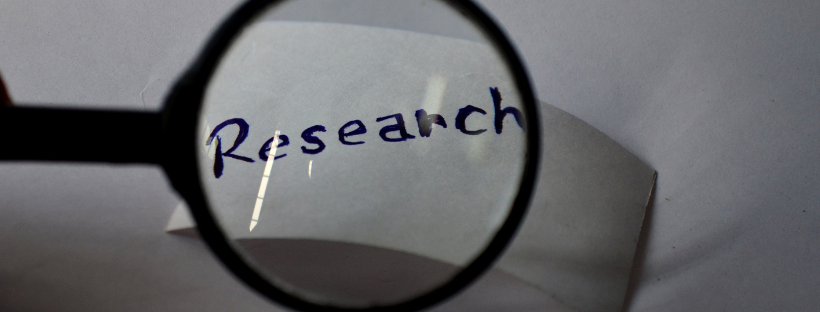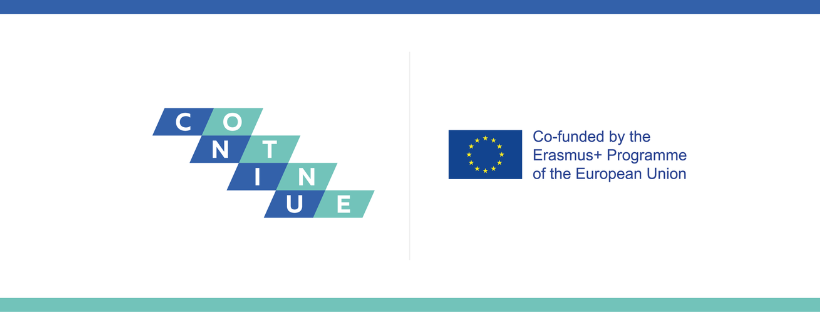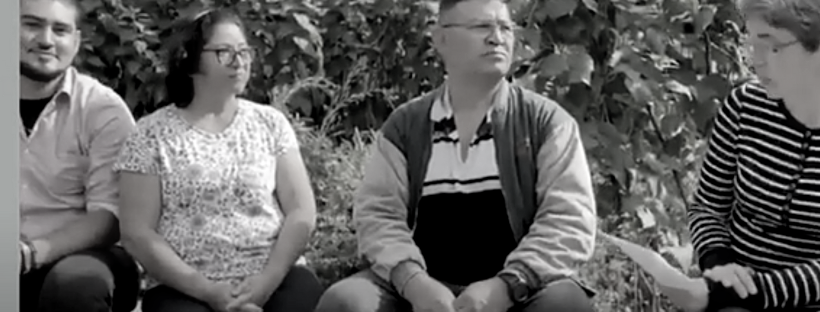UNDERSTANDING CHRONIC LONG TERM PAIN

CAPE is the Consortium Against Pain Inequalities, and they are working with People’s Voice Media on an important new project.
The CAPE team is investigating whether exposure to adverse childhood experiences contributes to higher levels of chronic pain in the most deprived communities and the consequences of this. The interaction between the CAPE project, People’s Voice Media and the Community Reporter network will explore how lived experience stories can be used with the research.
As someone living with chronic long term pain (CLTP), I’ve found it hard to get the right holistic support and understanding for many years, so it’s wonderful to be part of this initiative. Through people’s stories about living with CLTP, we hope to help the wider health, social care, housing and Department of Work and Pensions systems that come into contact with people like me. It’s vital that these agencies understand what it’s like to live with CLTP, and what impact this has on our lives. Additionally, the dialogues and recommendations will cover what needs to change and what such changes will do for people like us.
Combining the CAPE project and our work here at People’s Voice Media is central to what I believe in. By retaining and highlighting the personal aspects of real people’s experiences, we can start to change society so that it is truly inclusive and inequalities are eradicated.
So far, we’ve had two Community Reporting workshops and we’ve collected 4 stories from Advisory Members connected with the CAPE project, plus one other person living with CTLP. We have a sense-making workshop scheduled for 6th December, when we’ll have a deeper look at what people have said, and what we can do to recommend changes that will enable people to live good lives. Here is a small selection of what people have been sharing so far:
“People need to be more tolerant. They also need to realise we are not the minority. There’s tons of us, people just don’t talk about it. ….. We judge people and how able they are through their health. And it’s apparently a badge of honour. If you’re healthy….. We need to educate on invisible conditions, but also on all the conditions that people face. And people need to be educated rather than say this is going to be something that’s going to cost me in the workplace to deal with. We need to realise how much we should value and incorporate people in the workplace that have challenges.”
“There’s a lot of fear for not being believed.”
“It’s not necessarily that the pain is for the same diagnosis, but there’s a lot of similarities and a lot of frustrations people are living with.”
“I wish that health professionals and allied health professionals would actually just listen and think. Does this person need some other kind of support as well? And treat you as a whole person.”
People’s Voice Media will be working closely with the CAPE team to explore what the next steps need to be, and an update on the project will be shared with you all in the new year.
Isaac Samuels, Community Reporting Lead
You can find out more about the CAPE project and other similar research projects here: https://www.ukri.org/news/new-data-hub-and-research-into-chronic-pain/



